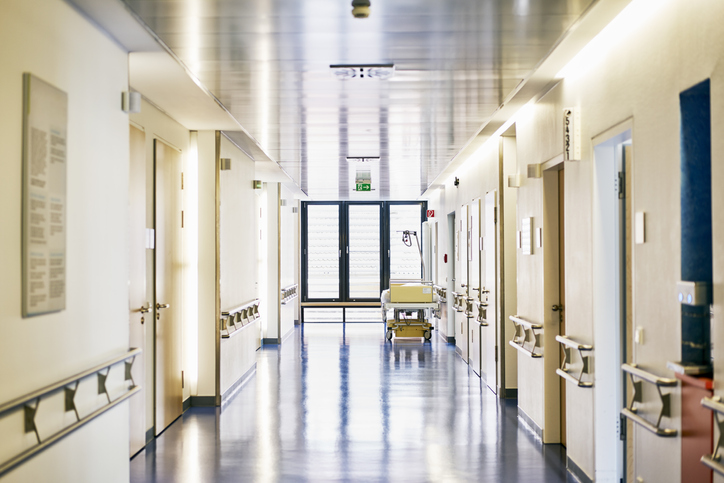Corruption is a huge underlying factor which threatens any attempt to improve the health system, says researcher at Corruption Watch, Melusi Ncana.

Picture: iStock
The National Health Insurance (NHI) that government has envisioned is dead as Covid-19 has forced the South African healthcare sector to redefine key variables in the system which could change how healthcare is insured against.
This according to independent economist Iraj Ibedian. Big data in healthcare, though widely understood in the developed world as the next game-changer in optimising healthcare services and insurance, Covid-19 has forced governments to react faster to this glaring gap in healthcare. Emerging economies have much to catch up on before responding to this.
The pricing and financing of healthcare services, a central element in NHI, will be determined by how well data capturing is improved in the health system, said Ibedian.
“Remember that the National Health Insurance is on the buying and financing side. What Covid-19 has done is to show that the more important part is on the supply side,” said Ibedian.
“We have to get the supplies and the pricing right before we can talk about insuring. Because how can you insure the contents of the house when you haven’t even got it together what you need in your house.”
As researcher at Corruption Watch, Melusi Ncana, pointed out in his latest report on the health system, corruption was a huge underlying factor which threatened any attempt to improve the health system.
“The primary idea in the report is the fact that because corruption has not been taken seriously enough, we find ourselves in a predicament where the system is under tremendous stress. We are now asking ourselves questions like why don’t we have enough beds, enough clinics and hospitals and equipment.”
This month, President Cyril Ramaphosa reiterated that among the many cases being made for the NHI was that government would be able to mobilise the necessary resources to overcome the burden of such noncommunicable diseases and improve the health outcomes of all people, not just those who can afford to pay. But Ibedian argued there were hurdles to be overcome before this step could be taken.
“We need to decide how much of healthcare should be selfcare and how much should be third-party care,” said Ibedian.
“If we haven’t decided that when we see that people don’t put on their masks and they get infected – that is where we need to decide how we assign responsibility in terms of self care and third-party care.”
For more news your way, download The Citizen’s app for iOS and Android.
Download our app




